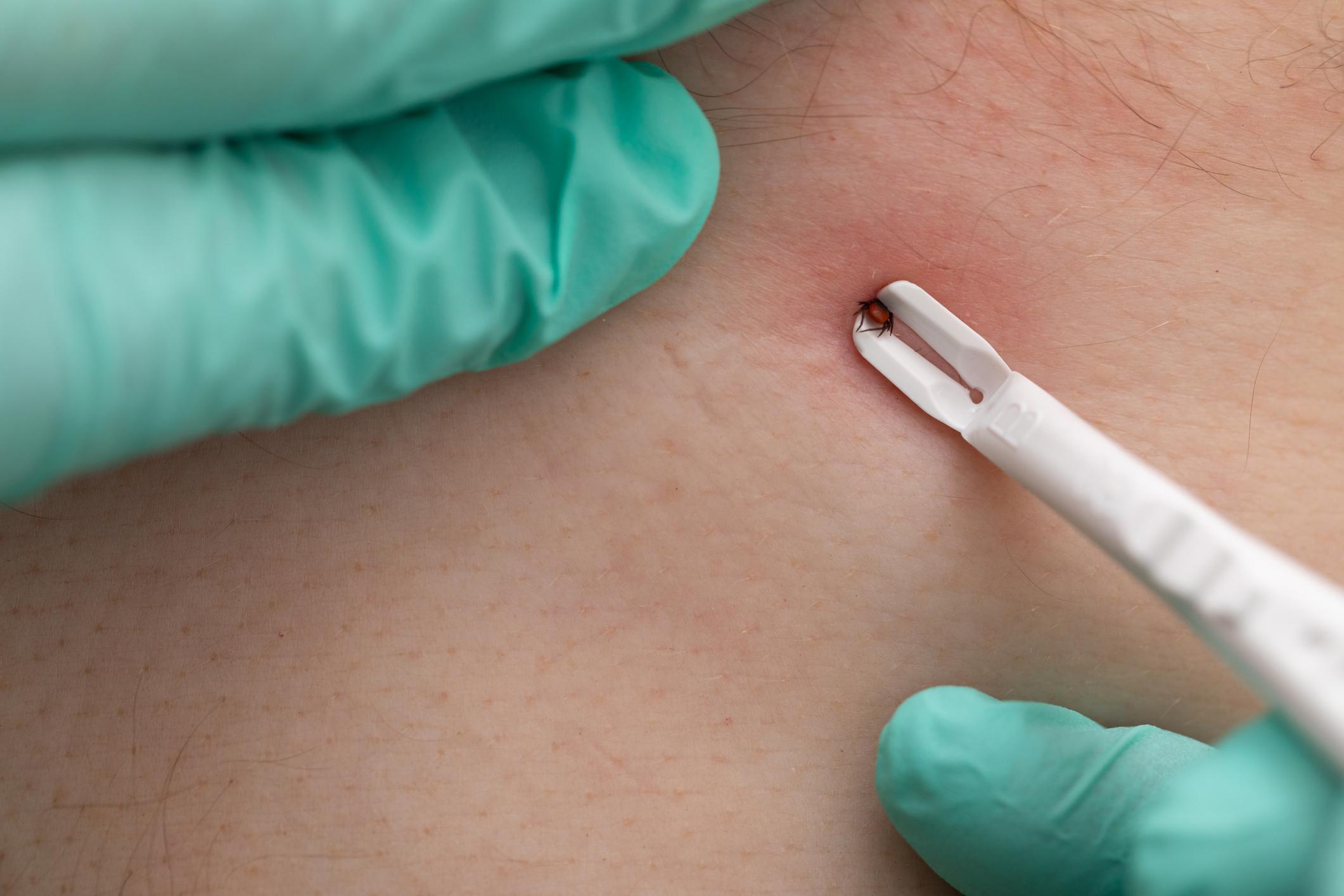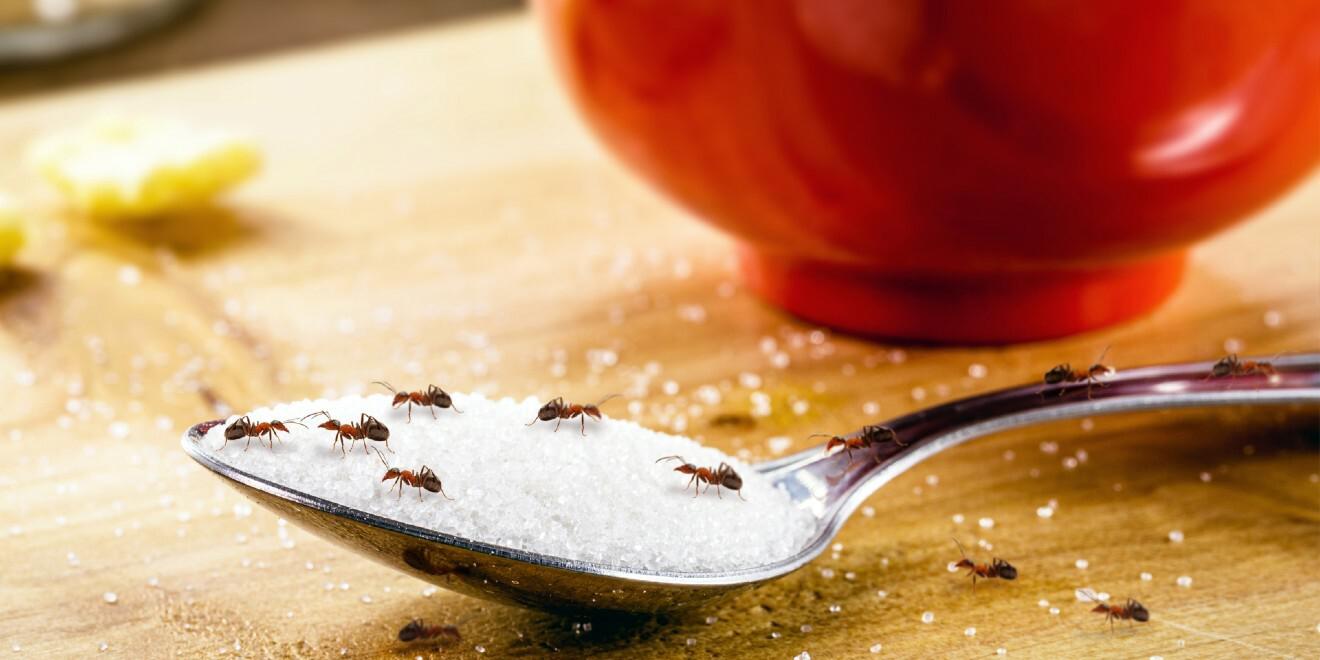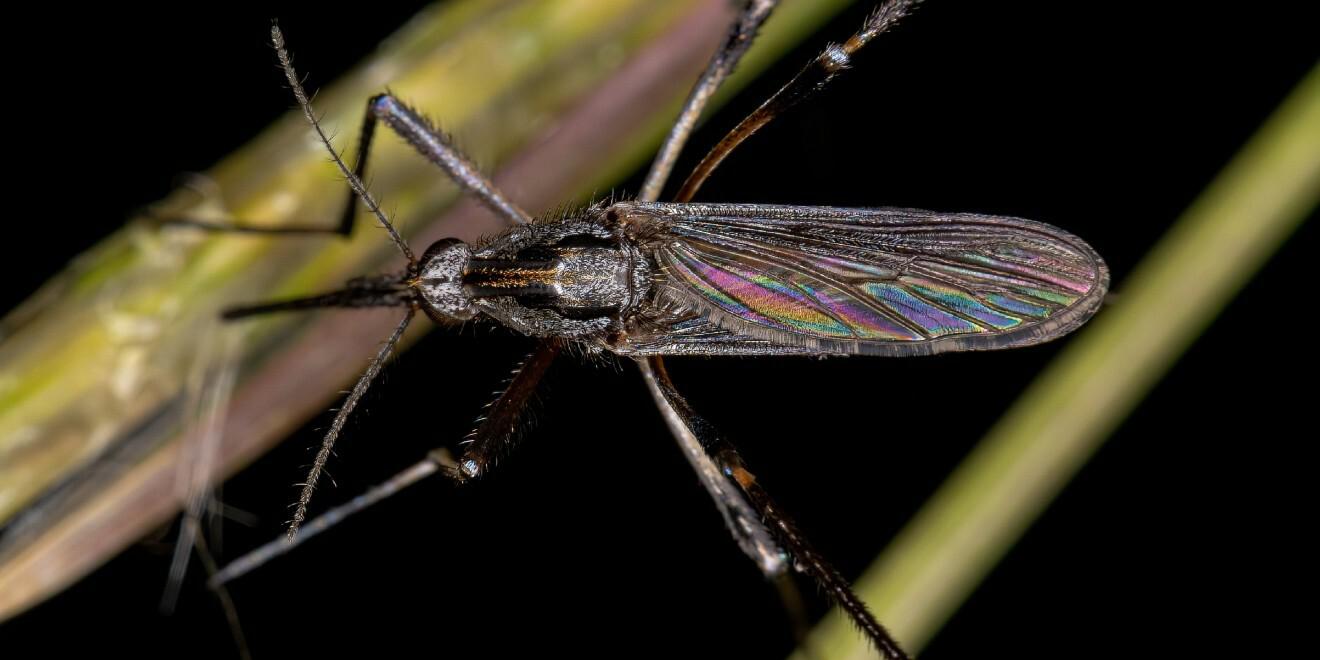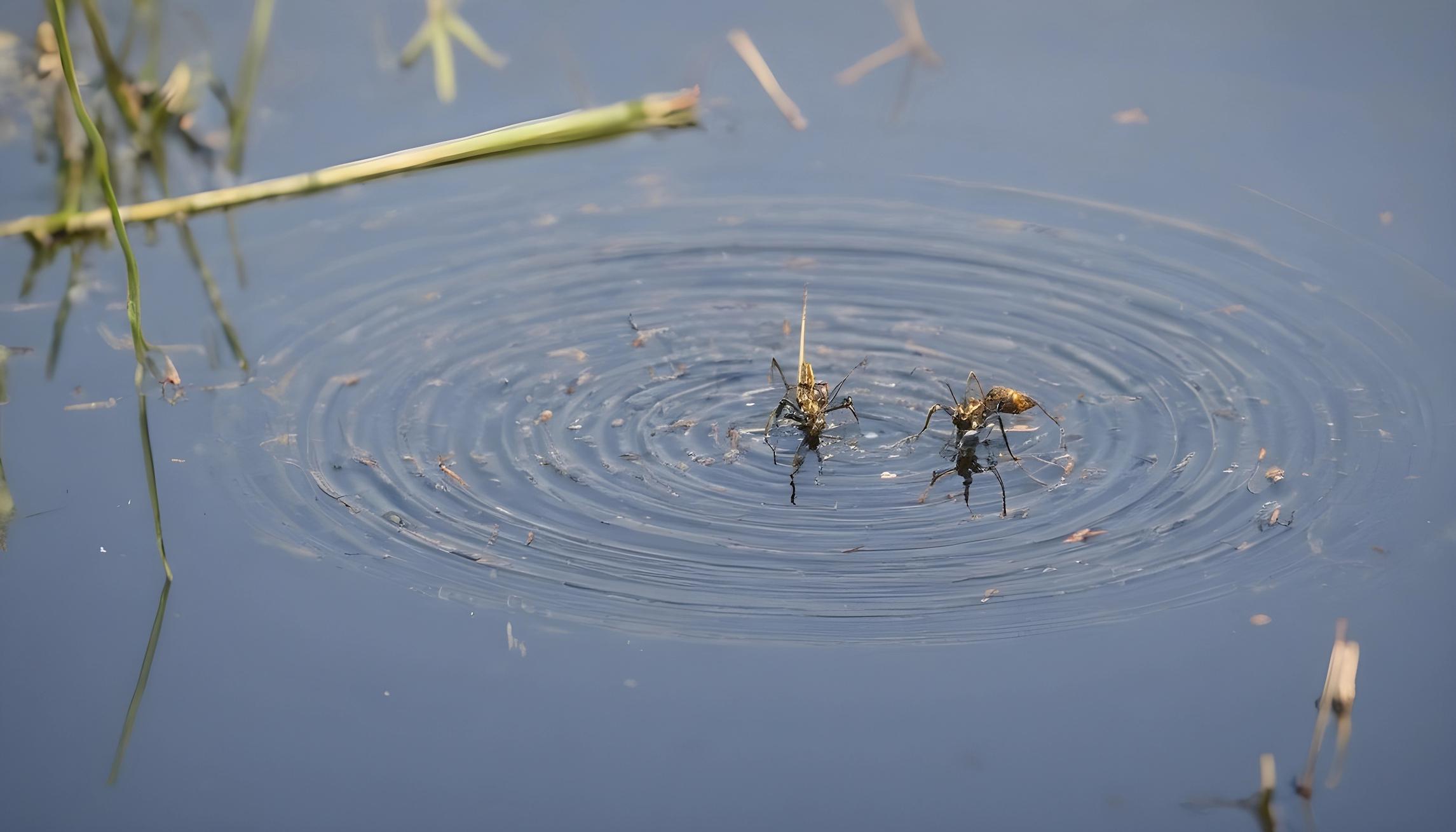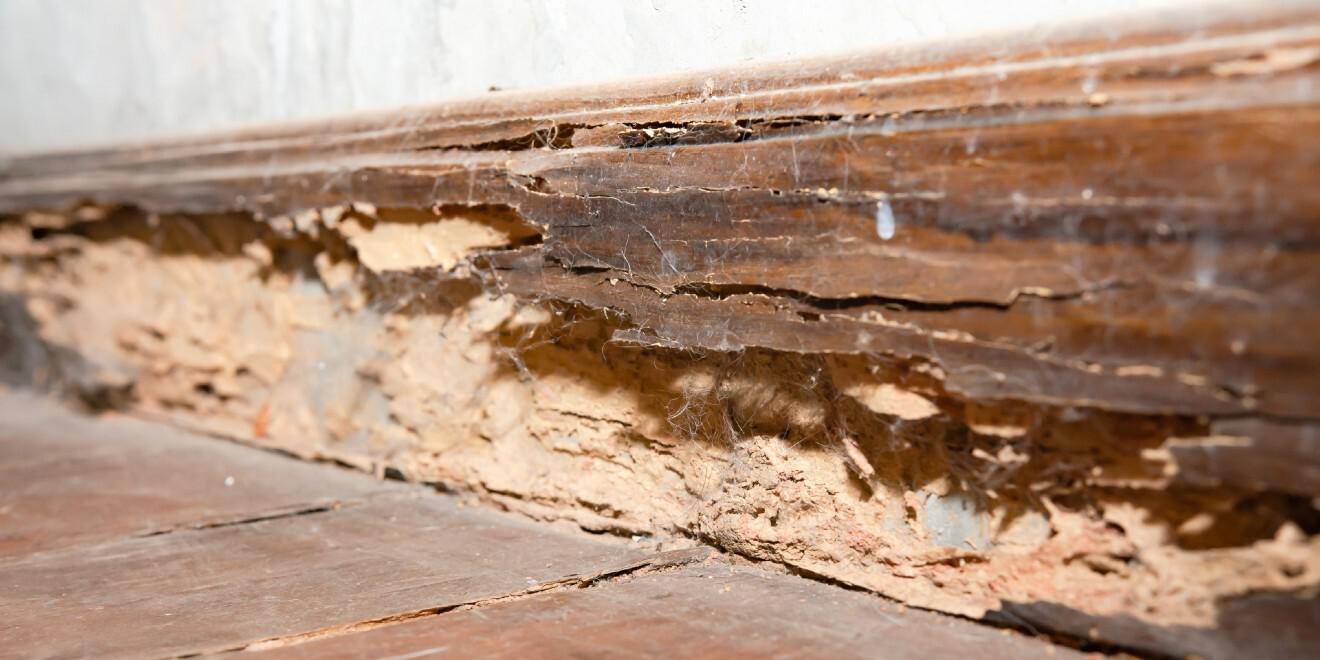Widely Unknown & Transmitted by Mosquitoes, LaCrosse Encephalitis Virus is in the Carolinas
Posted by Mosquito Squad
August 3, 2018

West Nile Virus (WNV) is a dangerous and sometimes deadly mosquito transmitted disease that should not be taken lightly. While WNV gets a lot of media attention, it is not the most common mosquito-borne disease in the Carollinas. There is another dangerous mosquito-borne illness that poses a threat more often in Wilmington and Myrtle Beach. As reported by Black Mountain News, La Crosse Encephalitis is the most frequently diagnosed mosquito borne illness in the Carolinas.
La Crosse Encephalitis is the most common mosquito-borne illness in the Carolinas
In 2013 there were 182 cases of La Crosse Encephalitis virus (LACV) in North Carolina and 4 in South Carolina. With significantly more instances of LACV than West Nile Virus, knowing the symptoms of and how to prevent LACV is important for Carolinians. The Aedes triseriatus, or eastern treehole mosquito is the mosquito that transmits LACV. Being an aggressive daytime feeder these mosquitoes can be especially harmful when carrying pathogens.
The Symptoms of La Crosse Encephalitis virus
According to the Centers for Disease Control and Prevention (CDC) many people who become infected with La Crosse Encephalitis virus experience no symptoms at all. Those who become ill may experience fever, headache, nausea, vomiting or tiredness initially. Some patients who become ill can develop a severe neuroinvasive disease that can involve encephalitis (inflammation of the brain). Symptoms of severe LACV can include seizures, coma, and paralysis and in rare cases long term disability or death. Severe LACV usually occurs in young children under the age of 16. There are no specific treatments, cures or vaccines for LACV. If you think you may have LACV you should seek medical attention immediately to help alleviate symptoms.
Preventing LACV in the Carolinas
Limiting your exposure to mosquitoes and mosquito bites is the best method of preventing LACV. Since people spend a majority of their outdoor living in their own yard, it’s a great place to start. With Mosquito Squad of the Grand Strand and Mosquito Squad of Wilmington we can eliminate up to 90% of the mosquitoes in your yard. Our traditional barrier treatment not only eliminates mosquitoes on contact, but it also continues to work for up to 3 weeks.
Sign up for the season and we’ll come back and mist every three weeks. Protect yourself and your family before LACV or any other mosquito-borne disease makes its way to your yard.










